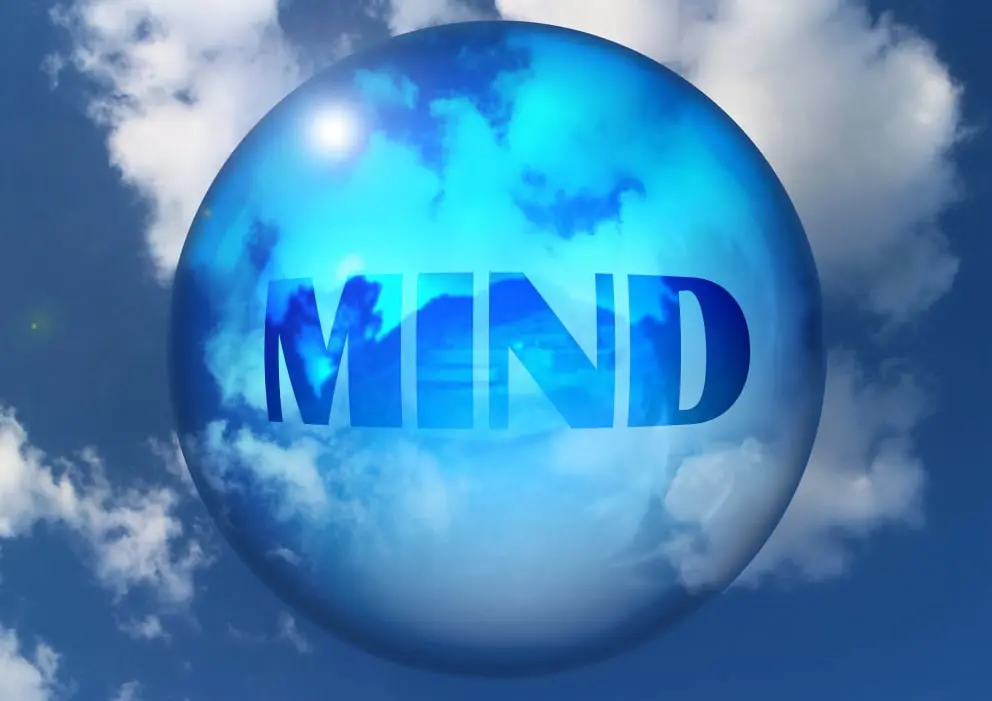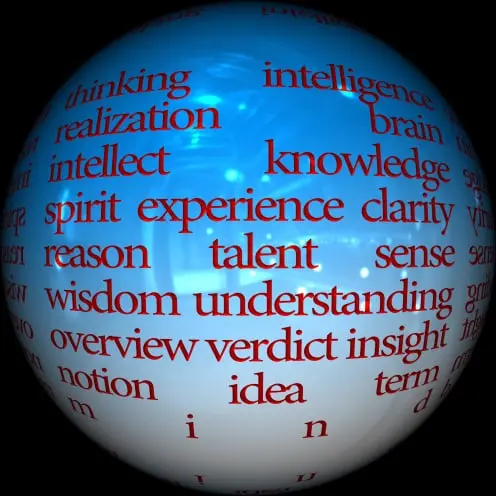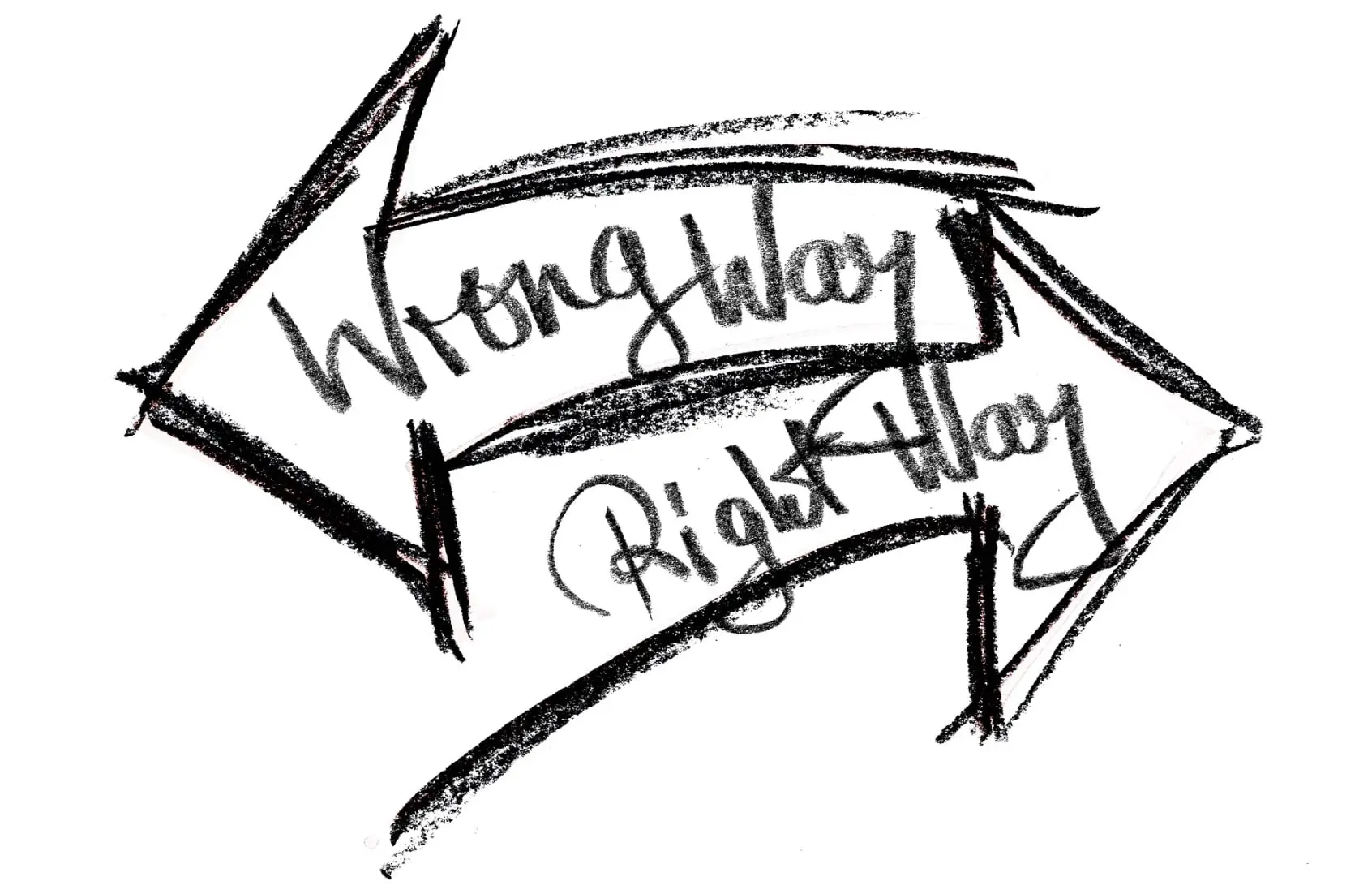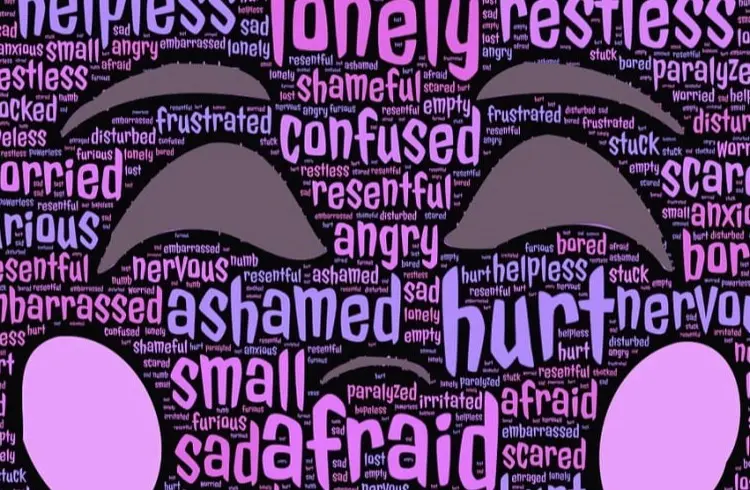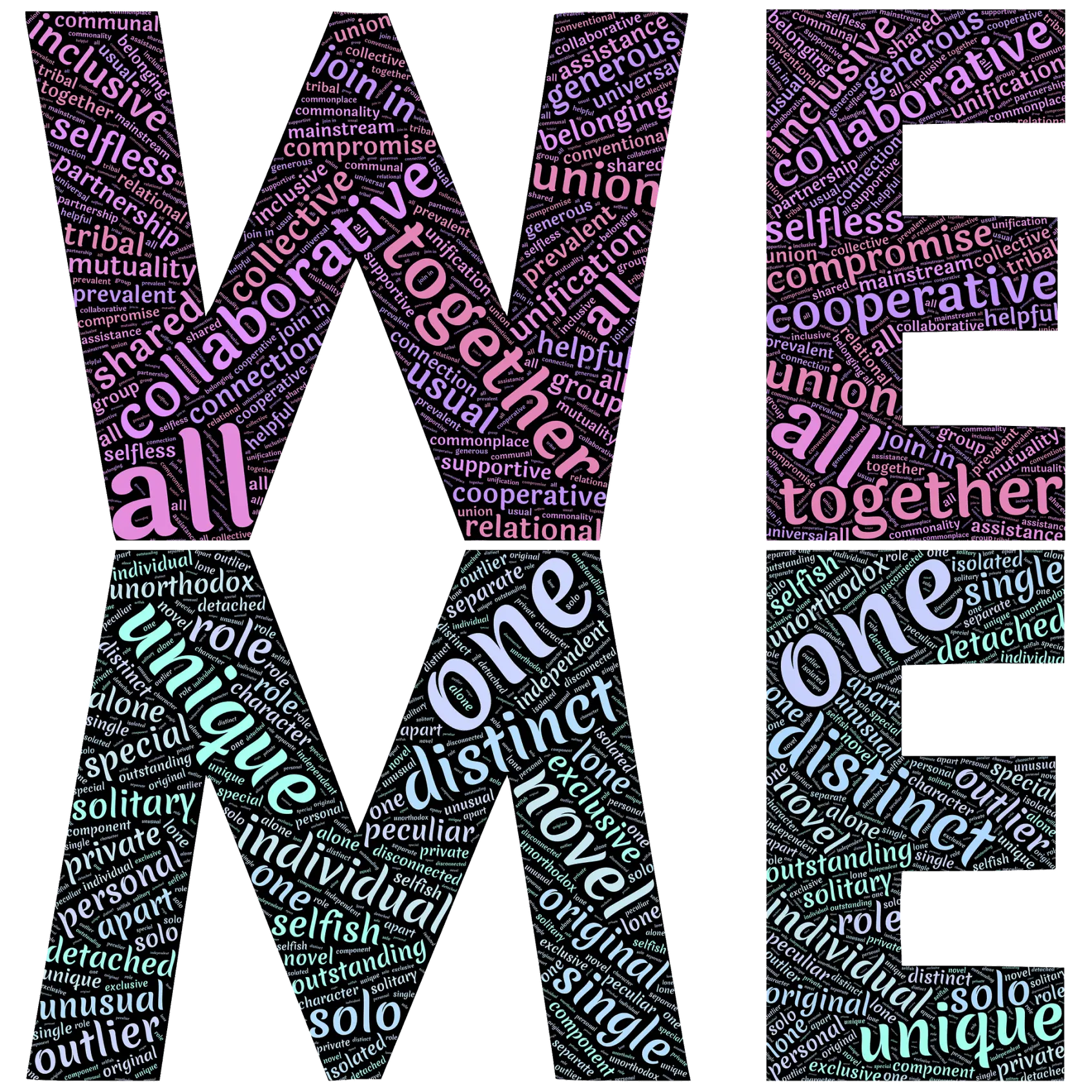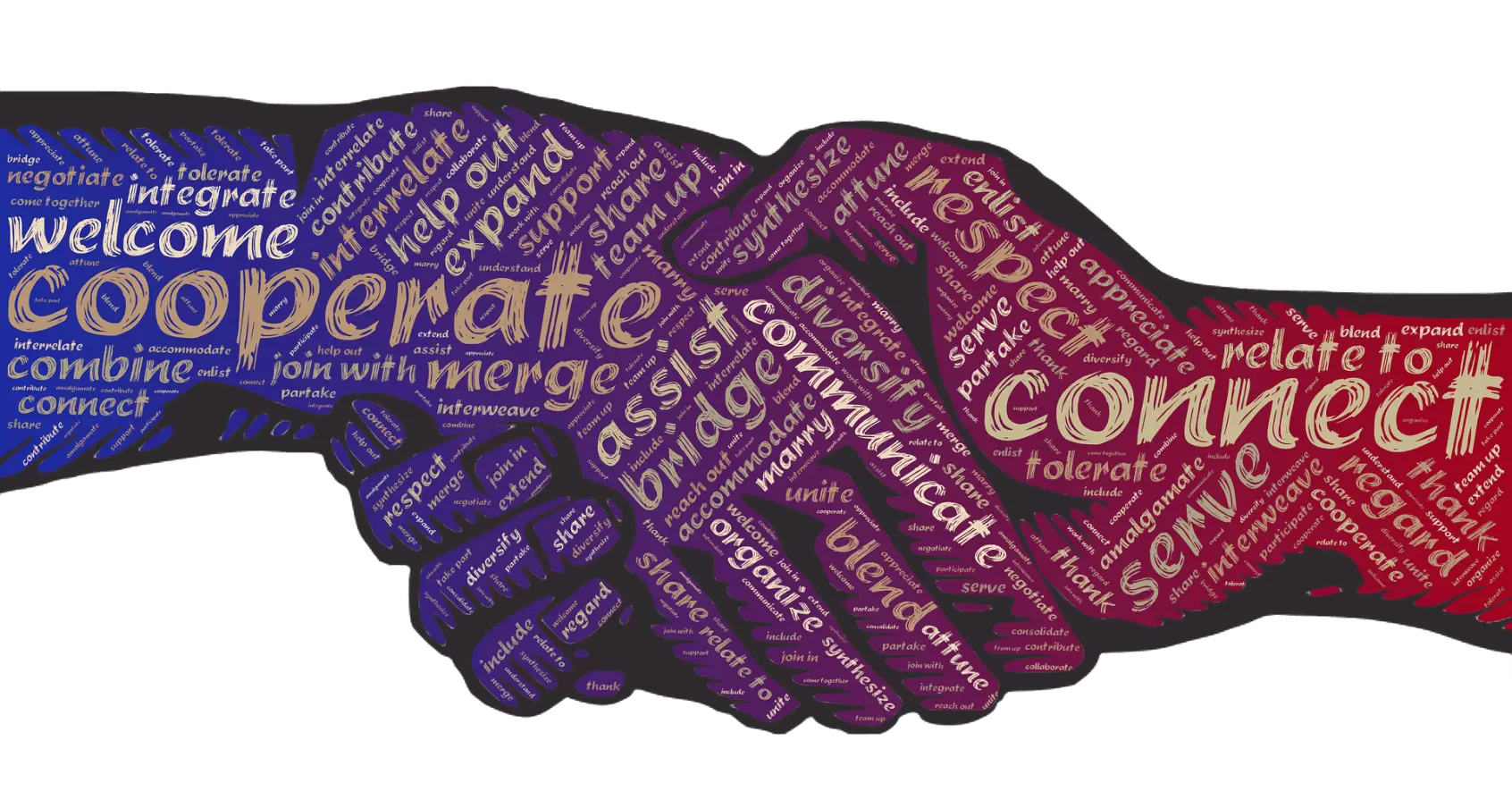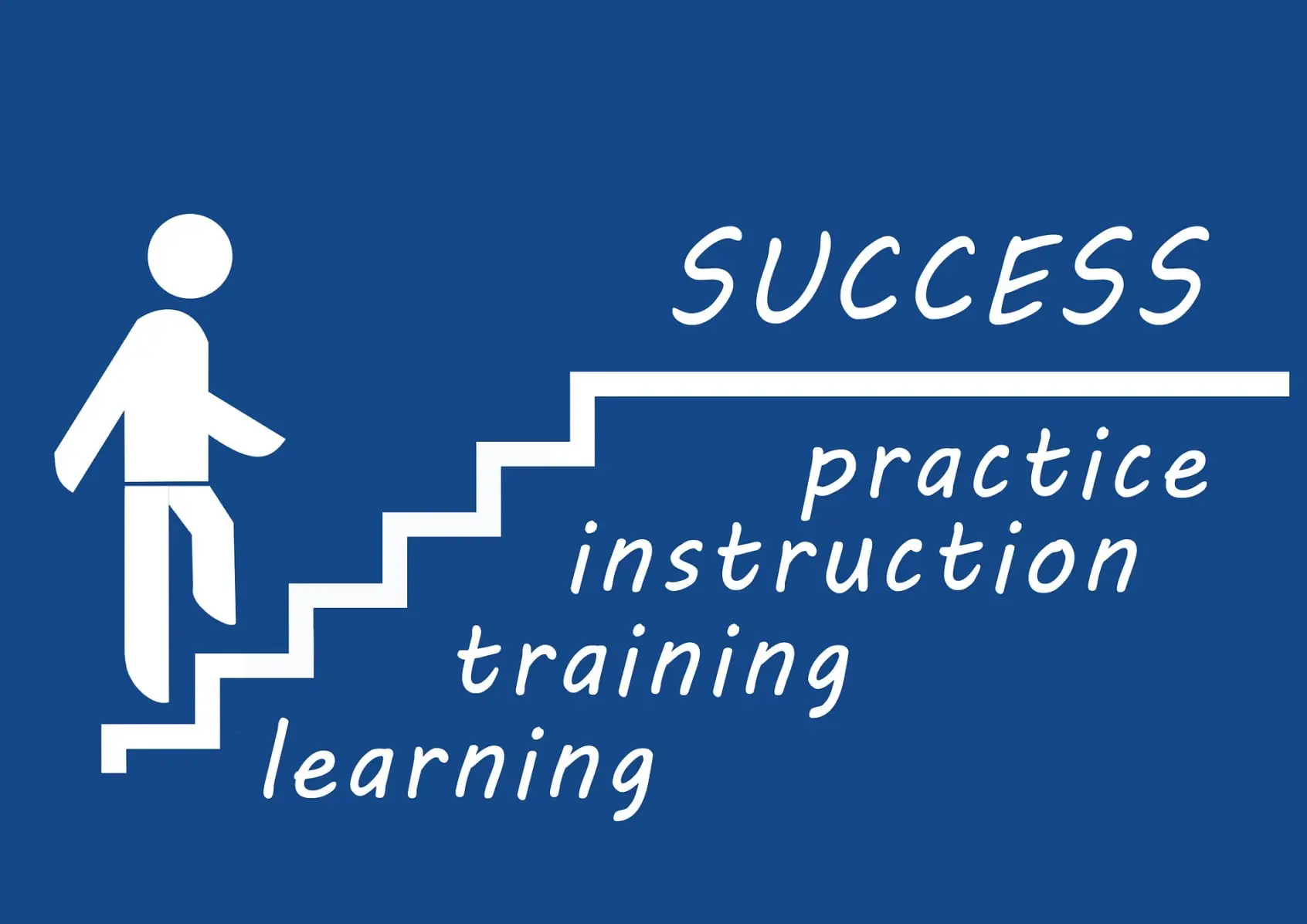Empowering Your Digital Persona: The Versatility of a Personal Domain
A personal domain is a blank canvas where you can manifest your digital persona in a way that is uniquely yours. Whether you are an artist, a professional, an entrepreneur, or an enthusiast of any kind, having your domain allows you to craft a coherent and personalized narrative that showcases your achievements, passions, and aspirations.
Your domain can serve as a digital portfolio, displaying your work and accomplishments in a professional manner. It can also become an interactive space for engaging with your audience through blogs, articles, or even an online store, facilitating direct connections and fostering meaningful relationships.
Jeff Ellis, CTO of Black Ram Media: The Essence of Personal Domains
Jeff Ellis, the esteemed Chief Technology Officer of Black Ram Media, emphasizes the vitality of owning your name as a domain, stating, "In the fast-evolving digital landscape, a personal domain is a powerful tool that bolsters your authenticity and visibility. It amplifies your voice, enabling you to make an indelible impact on the vast canvas of the internet."
Embrace Your Digital Legacy
In conclusion, owning your name as a domain is more than an act of digital real estate acquisition; it is a manifestation of your digital legacy. Embrace this opportunity to shape your online presence, take control of your identity, and utilize the boundless potential that a personal domain offers. By doing so, you empower yourself to thrive in the ever-expanding digital universe, leaving an enduring mark on the digital tapestry of tomorrow.

